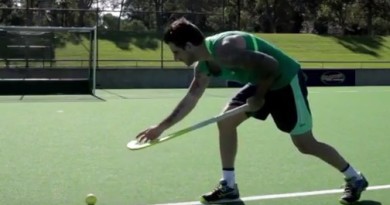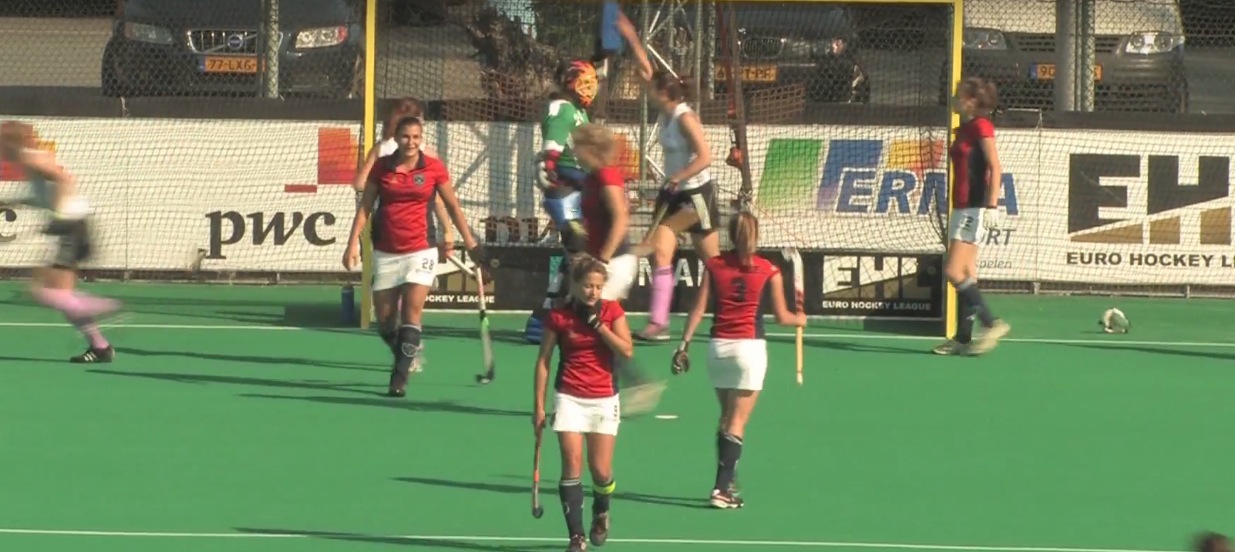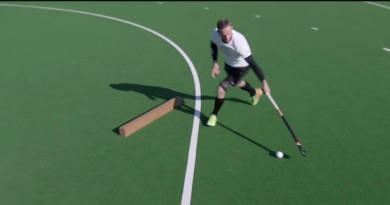How Can You Best Improve Your Mental Game?
Long games of hockey are always going to be draining on the body. So often we focus on this with preparation, using exercise and drills to make our bodies adapt naturally to the vigours of the sport.
When we often underestimate, however, is just how much of a part our mental capacity plays in the game. So often we see players giving their all without hesitation and, for better or worse, we can mark this as being easily achievable for ourselves, and or our teams.
The reality, as it turns out, is not so simple.
Raising your level in hockey depends enormously on your mental state, and how you address not just your successes, but also your failures.
Concentration
Long games, especially when you start to wear out physically, can start to put us into autopilot mode. While this might give us some base level of competence, it’s hardly a recipe for top-level play. So how do we fight this?
Like the other elements of our mental game we will touch on, the most effective method is practice. We don’t just mean with hockey either, as any other mentally taxing skill, when engaged over a long period, can help solidify your brain’s pathways for a better long-term attention span.
For example, we’ve seen success in this regard by playing online casino games from famous popular brands such as Leo Vegas. Coming back home after a run to settle into a game of blackjack or slots means that, even in a tired state, you’re going to have to keep on top of the challenge. With bonuses like free spins and deposit matches, this also means that we can keep our real risks low while playing for longer.
In these situations, not in the heat of a hockey battle, you’re far more able to notice when you start to slip. Notice the feeling, internalise it, and you’ll be far more likely to see results in the future.
Arrogance vs. Confidence
Making a great move can get us in the groove. Missing an easy shot can ruin us for the rest of the game. Both of these ideas are things we tend to believe, yet both are rarely based in reality. This is a natural part of such a highly competitive sport, and as such, we need to address when and how our mental state affects the way we play.
Confidence is a good thing to have, but how often have you seen somebody make a move they shouldn’t because they believed they had total control? If you’re anything like us, you see it all the time. Know your strengths, but don’t let confidence turn into arrogance, and don’t let an adrenaline rush cause you to do something which hurts your team, or your body.
Similarly, we all need to understand that in hockey everyone makes mistakes. Whether through lack of practice, or just a bad stroke of luck, mistakes are seldom as important as we think. If anything, these can provide opportunities to learn, as they can show you an exact point which needs to be improved.
We’ve seen fullbacks miss easy blocks one week, only to come back a few weeks later to completely shut down the same team. Use failure, let it fuel you but not define you, and it can be a very positive thing.
As with any other part of hockey, the key to success is practice. Just as with a physical shot, practicing a mental response is always the key to improvement. Just as with physical improvements, progress may be slow, and it may be difficult, but if you stick with it, your play will thank you.






